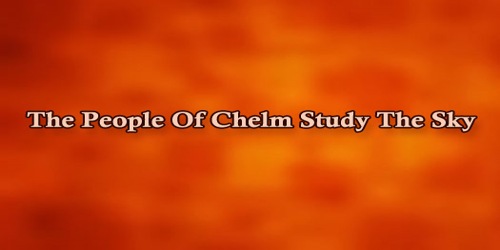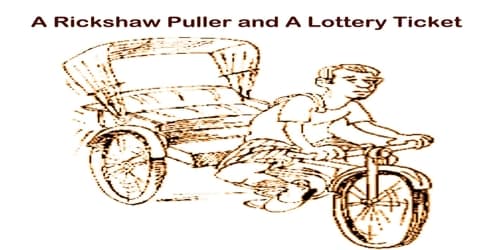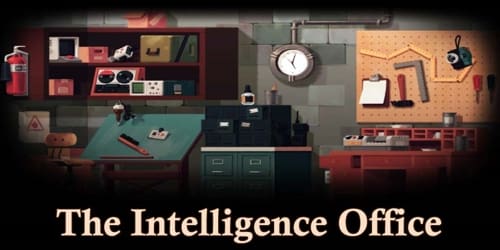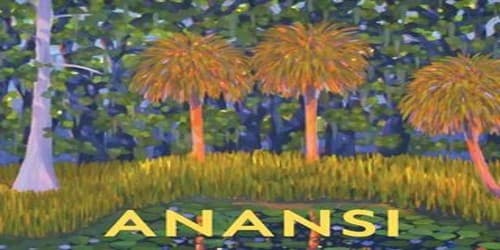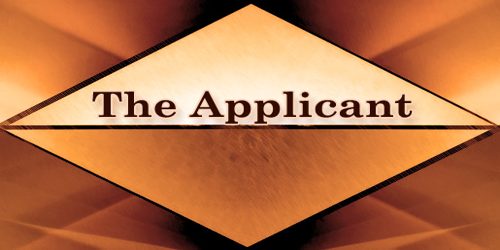Long ago, in the village of Chelm, the people sought the wisdom of their rabbi. They seldom acted or made a decision without consulting the famous man. When they prepared to build a house, they sought the rabbi’s advice and his blessing. When they gave birth to their children, they asked the rabbi to choose the child’s name. When they prepared for feasts and festivals, they always questioned the rabbi about the best foods to prepare. When they dug their gardens, they asked the rabbi which vegetables and flowers to plant.
And when the people of Chelm faced still larger questions, they remembered that the rabbi was the man to ask. They hoped, in this way, to avoid making foolish errors.
One day the people were gathered in the village square. The late autumn day was sunny and bright, with a cold wind blowing in from the mountains. The people turned their faces to the sun and smiled.
“Ah, the sun is good and wise,” said Mordecai. “See how it knows to warm us when the days grow cold.”
“Yes,” said Samuel. “Surely the sun is the most important thing in the sky.”
“Are you sure?” Rachel asked. “Have you asked the rabbi if this is true? Perhaps the moon is more important than the sun.”
“I believe the moon is,” said Sarah. “After all, the moon knows how to grow large and small, but the sun always stays the same size.”
“Foolish woman,” Mordecai said, “how can the moon be more important than the sun? Some nights the moon disappears altogether. Nothing important disappears.”
“Ah yes,” said Samuel, “but the sun doesn’t know how to change the way the moon does, so it may be that the moon is more important than the sun.”
They argued until at last Sarah said: “Wait. We must ask the rabbi. Surely he will know if the sun or the moon is more important.”
“Of course,” the others said in unison, and off they set for the rabbi’s house.
When they arrived and asked their question, the rabbi put a finger to his head as he always did when he prepared to ponder a serious matter. He slowly stroked his beard. He always did that, too. He was quiet for a time, and the people waited patiently for his wisdom.
At last, the rabbi spoke. “The moon is more important,” he said. “It shines at night when we need it to shine, but the sun shines during the day when it is already light outside and we have no need for it at all.”
“Of course!” the people said. “Of course the rabbi is right.” And they returned home, satisfied that they now knew that the moon was more important than the sun.
A few days later the rabbi and his students were traveling and stopped to spend the night at an inn. One of his students had to catch a train early the next morning, and so he asked the innkeeper to wake him before dawn.
“I will indeed,” the innkeeper promised, and the rabbi and his students prepared to sleep. Pale moonlight shone through the window, lighting the room, and the rabbi again praised the moon.
The next morning, the innkeeper woke the student. The air was cold. The room was pitch dark, for the moon no longer shone through the window.
Taking care not to disturb the sleeping rabbi, the student groped in the dark for his clothing. He felt this way and that, and at last, he grabbed a long gabardine gown and dressed, covering the gown with his cloak.
The student hurried through the cold streets to catch the train. He held the cloak wrapped tightly around him and never noticed that he had mistakenly dressed himself in the rabbi’s gown instead of his own.
As he hurried down the road, the student looked at the moon and said his thanks. “You light my way in the darkness,” he said. “The rabbi is right about you. You are surely the most important thing in the sky.”
When he reached the station, he stepped inside, loosened his cloak, and noticed himself in a mirror. He stopped and stared, amazed at the long gown he saw reflected back at him. “That is the rabbi!” he cried. “The innkeeper is a fool. I asked him to wake me this morning, and instead, he woke the rabbi. And even the important moon did not know enough to catch his error. Perhaps the rabbi will change his mind now. The moon is not wise enough to light everyone’s way.”
And sure enough, when the student told the rabbi of the terrible error, the rabbi put a finger to his head and slowly stroked his beard. “The sun would never fail to show the innkeeper the error of his ways,” he said. “I must think awhile. I will have to let you know another day.”
The very next day the rabbi called the people to the square to make his announcement. “The sun and moon both offer light,” he said. “And people need light. So I have decided that neither the sun nor the moon is more important. Both of them are equal. That is the truth.”
From that day on, the people of Chelm praised both the sun and moon and never again asked which was more important.
